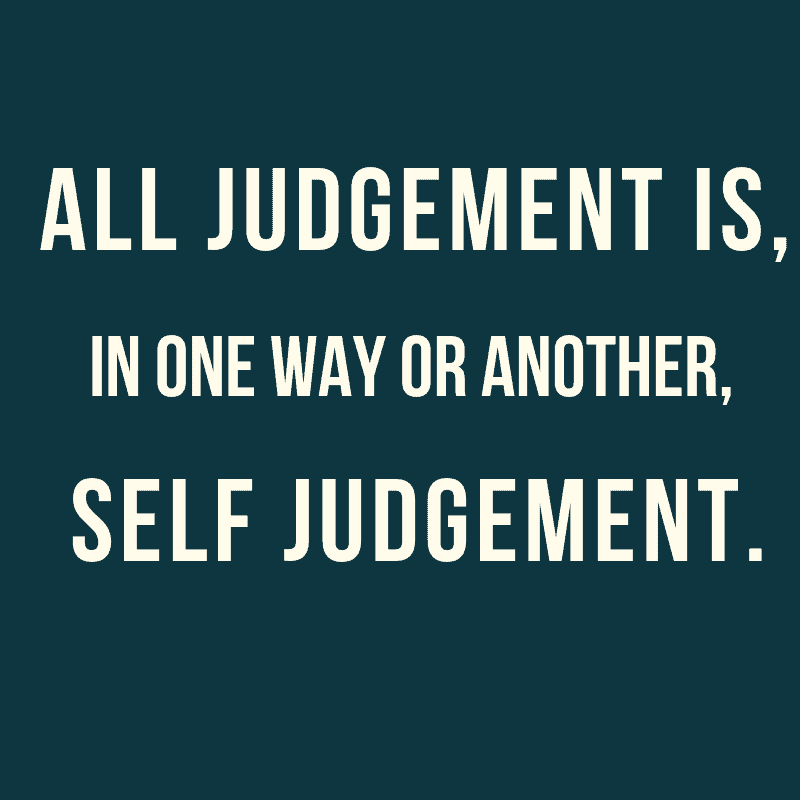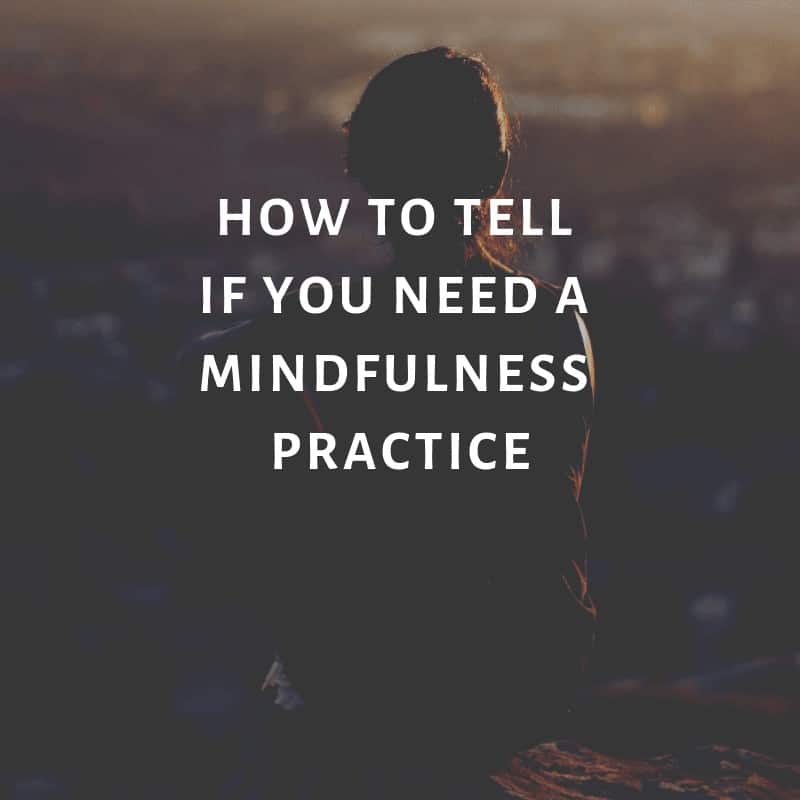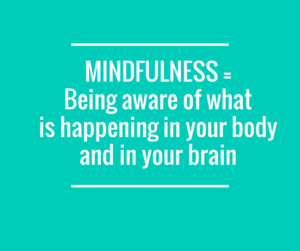Podcast: Play in new window | Download
Subscribe: Apple Podcasts | Spotify | Amazon Music | RSS | More
Have you heard about mindfulness and wondered if it’s for you? Or wondered why everyone won’t just shut up about the mindfulness thing? Keep reading. This post is for you!
Let’s back up a bit and get clear on what “mindfulness” is. Mindfulness is often used as a synonym for meditation. They are not the same thing. Meditation can be a tool in a mindfulness practice but you can have a mindfulness practice without ever meditating. This can be a big relief for those of you who have tried meditating and think: “No Way!”
Mindfulness is actually quite simple and the good news is, if you are human, you have the ability to be mindful. Remember what we are? Homo sapiens sapiens. That means we have the ability to think about what we’re thinking about. Hooray because that’s what mindfulness is!
Mindfulness is about being aware of what is happening in your mind. What are you thinking? How are those thoughts making you feel? What do you do when you feel that way? A mindfulness practice helps you live more consciously.
A mindfulness practice is not a “one and done”. Just because I was aware yesterday doesn’t mean I don’t need to be aware today. That’s why it’s called a practice. We get to start each day, each moment fresh with an openness to see what is going on in our heads.
Here are four signs it may be time for you to be a bit more mindful in your life:
1. You feel like you are on an Emotional Rollercoaster
Do you feel like you spend your days bouncing from one emotional state to the next? You wake up excited for your day until you see an email from a coworker asking you to do something unexpected and suddenly you’re an anxious mess? Or perhaps you’re having a great day until your child comes home from school upset because no one sat with him at lunch. All of a sudden you feel like a dark shade has been lowered on your day? Or maybe you make it through the whole day until you’re lying in bed and remember that you are still waiting for a reply on “that text” and suddenly you can’t think of anything else?
Don’t get me wrong, these are all areas of your life that are going to affect you. Life happens. However, the amount they affect your emotional state is not a given. A mindfulness practice helps determine how much and for how long we are affected.
2. You Judge or Criticize Others
Judgement is a coping tool we use to avoid having to face something in ourselves. We are only judgmental of things that we are insecure of in ourselves.
Mindfulness helps us take a mental step back from a situation so we can see why we’re criticizing or judging. When we become mindful of our mind, we can see where our judgment is coming from.
We can look at what’s happening in our life and ask: “Why am I criticizing that mom’s involvement in the PTA? Huh…it might be because I think I should be doing more than I am.”
We put up a shield of judgment or criticism so we don’t have to face something in ourselves that we see as lacking. Whether or not we “should” be doing more with the PTA or not the point here. The point is to notice we are judging. A mindfulness practice helps us see that we are critical and to pause to see where that judgement is coming from. This diffuses the intensity of the judgement and helps us to act instead of react. Review the thought model here and the difference between acting and reacting.
3. You are Defensive.
Defensiveness is a coping tool. It protects us from something. It does not, however, produce forward, productive action and so is not a tool for positive adult action.
A mindfulness practice helps us realize when we’re defensive so we can stop and ask: “What’s going on here?” Becoming aware of where we’re defensive or when we’re blaming others is very helpful. We get to see if we need to dig a bit to open up to an insecurity or if we need to protect ourselves by setting some boundaries?
For example, if someone is saying something about us and we’re defensive; it may be because they’ve hit on a truth that we’re insecure with or it could be that we’re in an unsupportive relationship. Mindfulness opens our our mind to possibilities of forward movement instead of the stagnant cycle of feeling defensive and reacting.
4. You are so NOT Calm
Is calm the last work you would use to describe yourself? Do you maybe even wonder if I’m crazy by suggesting that you could be calm? I mean, come on Susie, you are sooooo busy!
Yeah, that was me 129%. I was anything but calm and thought the only way I could be calm would be some combination of medication and getting rid of my children. Not necessary. Calm is possible. If I could do it with my crazy, busy mind I promise you can too!
When you are going through your day on an emotional roller coaster you are highly reactive. When we are highly reactive, feeling calm is a long way off. Practicing being more mindful is a huge step towards feeling more calm and feeling more in control of your emotions. This is a great thing. I LOVE feeling calmer and less reactive! It is the foundation of living a life I love!
If any (or all) of those four signs are present in your life, join me next week as I dive into my favorite tools for bringing mindfulness into my life. For now, rest easy in the great news that, by merely reading this post, you will be more mindful this week. You will find yourself more aware of when you’re judgmental, criticizing, or blaming others. You’ll be more aware of when your mood changes based on others’ experiences. This is a good thing. You are human. You are thinking about what you’re thinking about.
When we are aware of what we’re thinking, we can see how those thoughts are making us feel. Those feelings drive us to act in certain ways. When we’re not paying attention to our mind, we react to our life. What does reacting look like? Yelling at our kids because we’re stressed from work. Eating all of the ice cream because of an argument with our spouse. Procrastinating on a project because we are afraid of the outcome.
When we become mindful of our minds we enter into emotional adulthood. This allows us to think: “Hey, if I’m stressed because of work, I might be more likely to irritable with the kids.” The very act of being aware of this allows us to be less reactive. When we become aware of the assumptions, beliefs, and habits that influence us on a daily basis, we can choose which to keep and which to change. We become less judgmental of others and of ourselves.
Mindfulness has changed my life. As a Mindfulness-Based Cognitive Behavioral Coach, I love working with clients to empower them in their lives also. I invite you to sign up for my Weekly Wellness Newsletter to get weekly tips and tools to help you live a life you love.






